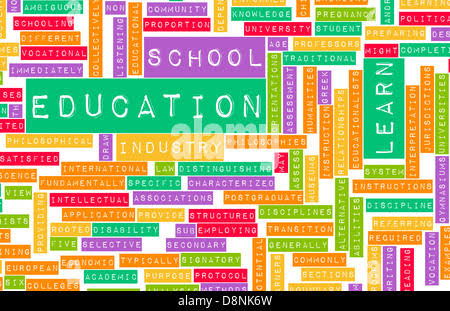By Seun Dele
The education sector is on the cusp of a significant transformation, driven by technological advancements, shifting learner needs, and innovative teaching methods. As we navigate this evolving landscape, it is essential to consider the key trends and drivers shaping the future of education.
Technological Advancements
The integration of technology in education has revolutionized the learning experience. Online and blended learning platforms have increased accessibility, while Artificial Intelligence (AI) and Machine Learning (ML) enhance personalized learning. Virtual and Augmented Reality (VR/AR) provide immersive experiences, and mobile learning enables flexibility.
Personalized Learning
Adaptive assessments and learning pathways tailor education to individual needs. Competency-based progression and microlearning enable learners to progress at their own pace. AI-driven learning recommendations optimize the learning experience.
Skills for the Future
Emerging skills, such as critical thinking, creativity, and collaboration, are essential for the 21st century. Integrating soft skills and emotional intelligence prepares learners for an increasingly complex world. STEM education and interdisciplinary approaches foster innovation.
The Evolving Role of Teachers
Teachers are transitioning from lecturers to facilitators and mentors, leveraging AI for grading and feedback. Professional development and training ensure educators remain adept in emerging technologies.
Accessibility and Equity
Bridging the digital divide and promoting inclusive education are critical. Accessibility features in ed-tech and addressing educational disparities ensure equal opportunities for all.
The future of education demands adaptability, innovation, and collaboration. Embracing technological advancements, personalized learning, and skills development will equip learners for success. As educators, policymakers, and stakeholders, we must prioritize accessibility, equity, and quality education for all.





















